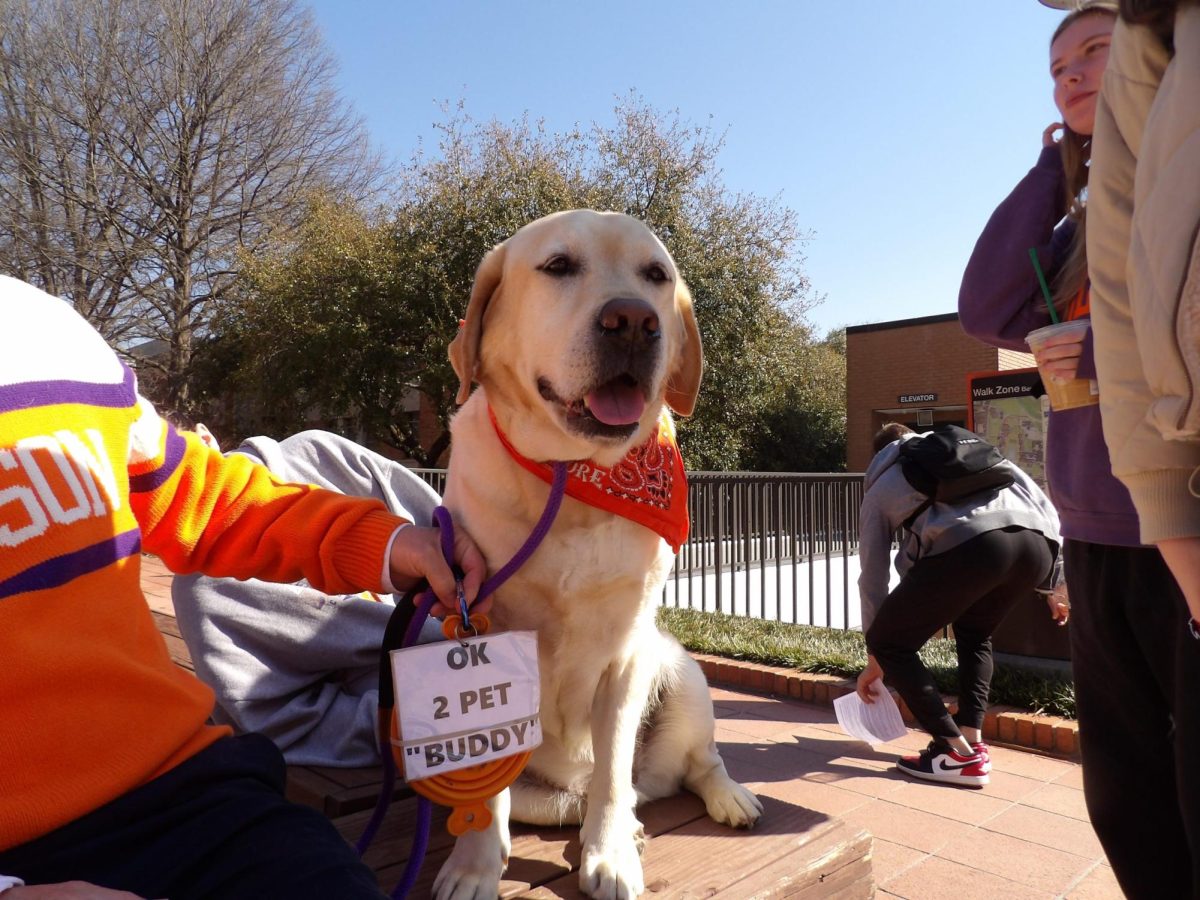We as a people can learn from the Virginia Constitutional Convention of 1788 the paramount importance of transparency in our governing bodies. As delegates amassed to ratify the United States Constitution, drafted the previous year, Patrick Henry argued that “the liberties of the people never were, nor ever will be, secure, when the transactions of their rulers may be concealed from them.”
This contention between concealment and the liberty of the people has remained at the forefront of U.S. political conversations, especially as we struggle to decide what the government may hide from us and what it may not.
The Freedom of Information Act, passed in 1966 and reformed several times over the following decades (most recently in 2010), exists to ensure that the citizens governed are privy to the actions of the bodies that govern them.
It is the right of the people to have access to government meetings and documents, not only to hold governments accountable, but because the government’s business is the people’s business. The people are the very foundation of our democracy, and ensuring their access to information from all publicly-funded agencies is the goal of the Freedom of Information Act and of Open Meeting laws, which are delineated in the South Carolina Code of Laws.
The protection of liberty is the goal not only of these laws, but of newspapers who are emboldened by the words of our founding fathers to hold their government accountable at every level. These are the journalists who sit in on city council meetings, on Board of Trustees meetings and who request documents, write stories and demand accountability.
As a newspaper, the freedom of information is our guiding principle.
That is why The Tiger takes issue with the actions and justifications of our Student Government.
Clemson Undergraduate Student Government falls under South Carolina’s definition of a public body, as it is an organization funded in part or in whole by public funds. They function as a representation of the students of Clemson, a voice for the people. And accordingly, they, like the Board of Trustees or the Faculty Senate, are subject to the Freedom of Information Act and to Open Meeting laws.
CUSG Senate, however, is functioning as a private body in their exercise of executive sessions, where members of the public are prohibited from sitting in on an official Senate meeting. Executive sessions under open meeting laws are to be carried out for issues of personnel only. To hold executive sessions under any other circumstances is to bar the public from their right to participate and witness the official functions of the bodies that govern them.
CUSG makes real, impactful decisions on this campus. It’s the right of the public to bear witness to their actions.
The ethical impact of barring the public from parts of CUSG’s functions is jarring. Secrecy and concealment should never be governing principles for a public body. Allowing a public body the right to hide any part of their meeting from the student body not only creates a culture of concealment, but one of distrust from the people towards that body. Choosing to close your doors to the public demonstrates only that you have something worth hiding.
A discussion on the subject of Dabo Swinney’s recent comments on race relations is not an acceptable reason for the closure of a public meeting. When CUSG chooses to discuss this matter in an official meeting, every senator is acting as a representative
of the student body. To hide or shelter their opinions from that student body is not only unethical but irresponsible. It takes away the right of the student body to hold their senators accountable. What they say on a subject like Swinney’s comments could influence voting in the next election, which is where the student body demonstrates their opinion most clearly. Concealing these opinions from students takes away their right to choose who represents them.
Every student has the right, by law, to witness CUSG’s meetings and to request documents on their business. Every student has the right, by law, to choose and to know who represents them in CUSG. Every student has the right, by law, to hold CUSG accountable for their words and deeds.
Choosing not to follow these laws, even as CUSG struggles to find a way in which it does not qualify as a public body, is unethical and a disservice to the community they represent.
As our community strives for excellence, we must understand that it is only through the utmost adherence to law, to ethical standards and to transparency that we will achieve this excellence.
This contention between concealment and the liberty of the people has remained at the forefront of U.S. political conversations, especially as we struggle to decide what the government may hide from us and what it may not.
The Freedom of Information Act, passed in 1966 and reformed several times over the following decades (most recently in 2010), exists to ensure that the citizens governed are privy to the actions of the bodies that govern them.
It is the right of the people to have access to government meetings and documents, not only to hold governments accountable, but because the government’s business is the people’s business. The people are the very foundation of our democracy, and ensuring their access to information from all publicly-funded agencies is the goal of the Freedom of Information Act and of Open Meeting laws, which are delineated in the South Carolina Code of Laws.
The protection of liberty is the goal not only of these laws, but of newspapers who are emboldened by the words of our founding fathers to hold their government accountable at every level. These are the journalists who sit in on city council meetings, on Board of Trustees meetings and who request documents, write stories and demand accountability.
As a newspaper, the freedom of information is our guiding principle.
That is why The Tiger takes issue with the actions and justifications of our Student Government.
Clemson Undergraduate Student Government falls under South Carolina’s definition of a public body, as it is an organization funded in part or in whole by public funds. They function as a representation of the students of Clemson, a voice for the people. And accordingly, they, like the Board of Trustees or the Faculty Senate, are subject to the Freedom of Information Act and to Open Meeting laws.
CUSG Senate, however, is functioning as a private body in their exercise of executive sessions, where members of the public are prohibited from sitting in on an official Senate meeting. Executive sessions under open meeting laws are to be carried out for issues of personnel only. To hold executive sessions under any other circumstances is to bar the public from their right to participate and witness the official functions of the bodies that govern them.
CUSG makes real, impactful decisions on this campus. It’s the right of the public to bear witness to their actions.
The ethical impact of barring the public from parts of CUSG’s functions is jarring. Secrecy and concealment should never be governing principles for a public body. Allowing a public body the right to hide any part of their meeting from the student body not only creates a culture of concealment, but one of distrust from the people towards that body. Choosing to close your doors to the public demonstrates only that you have something worth hiding.
A discussion on the subject of Dabo Swinney’s recent comments on race relations is not an acceptable reason for the closure of a public meeting. When CUSG chooses to discuss this matter in an official meeting, every senator is acting as a representative
of the student body. To hide or shelter their opinions from that student body is not only unethical but irresponsible. It takes away the right of the student body to hold their senators accountable. What they say on a subject like Swinney’s comments could influence voting in the next election, which is where the student body demonstrates their opinion most clearly. Concealing these opinions from students takes away their right to choose who represents them.
Every student has the right, by law, to witness CUSG’s meetings and to request documents on their business. Every student has the right, by law, to choose and to know who represents them in CUSG. Every student has the right, by law, to hold CUSG accountable for their words and deeds.
Choosing not to follow these laws, even as CUSG struggles to find a way in which it does not qualify as a public body, is unethical and a disservice to the community they represent.
As our community strives for excellence, we must understand that it is only through the utmost adherence to law, to ethical standards and to transparency that we will achieve this excellence.







